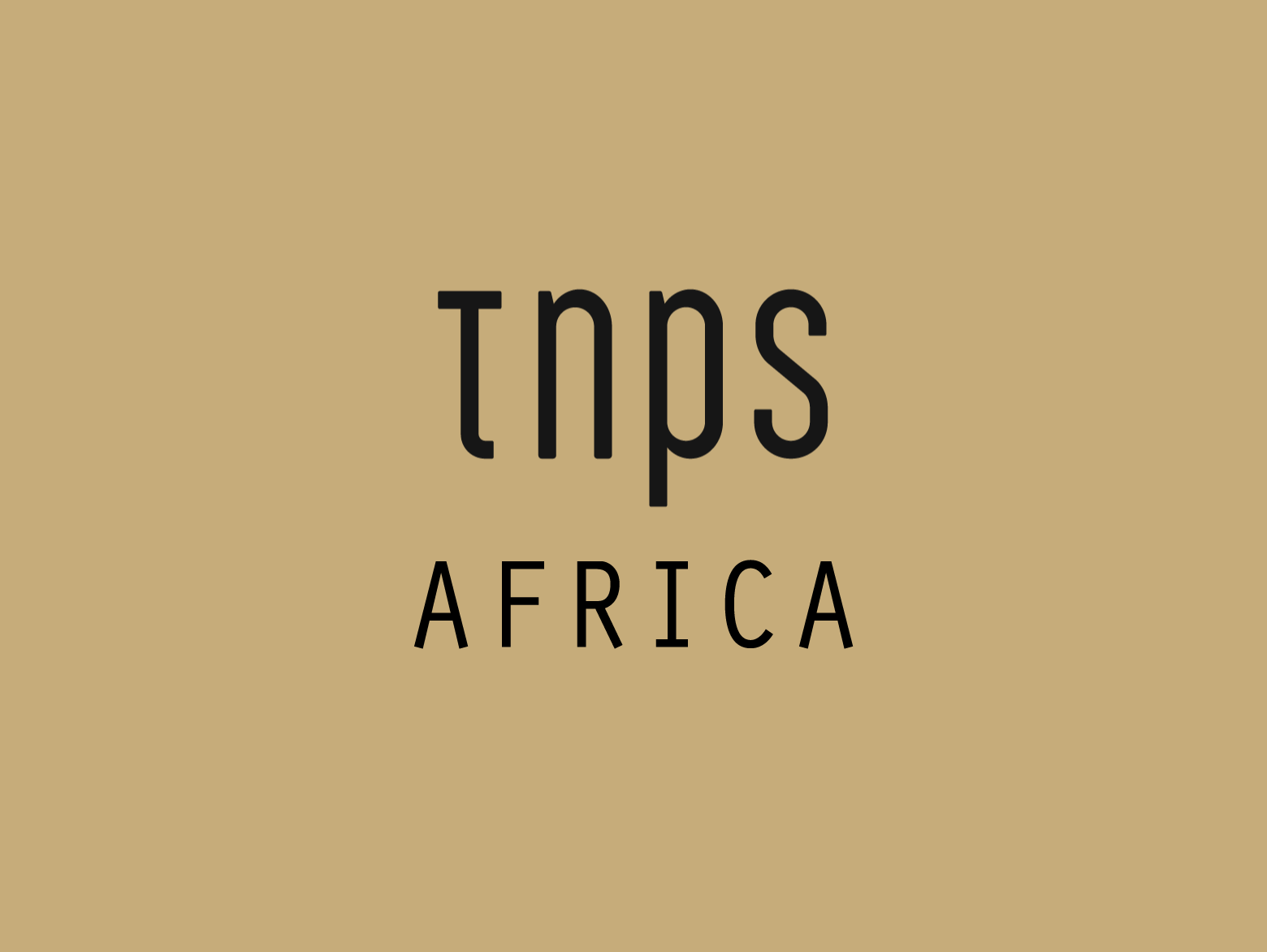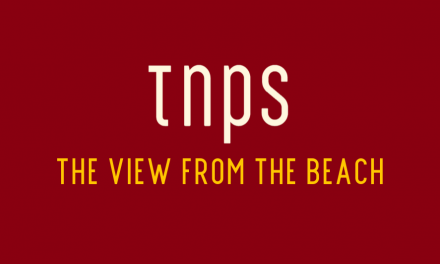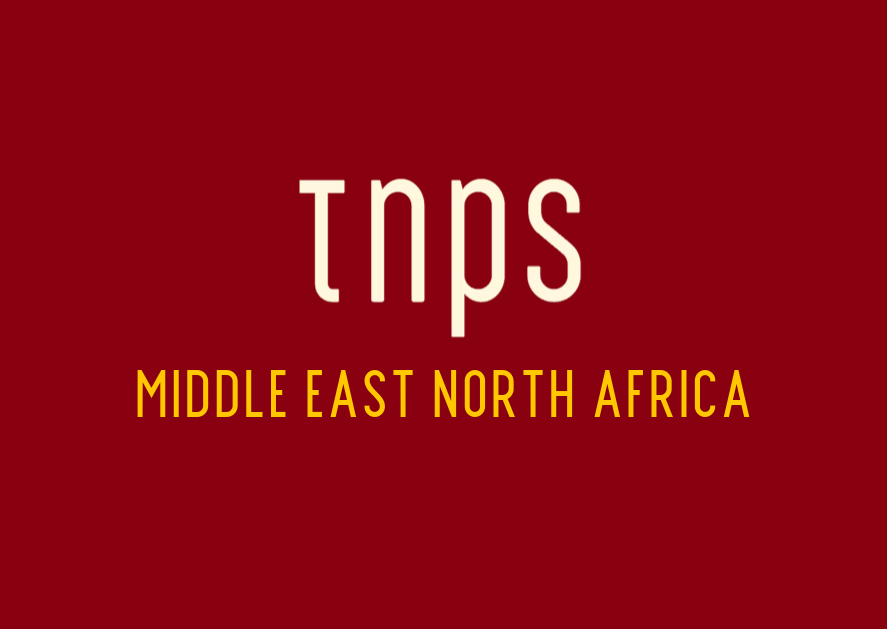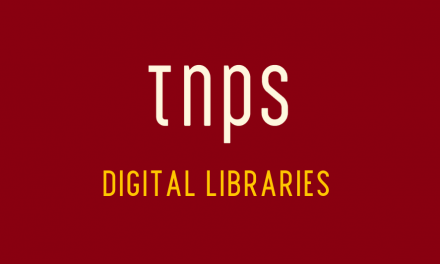Authors in the “First World” tend nowadays to take for granted that, even if they would really like a “trad-pub” deal and intend to try the agent-query route first, they have other options.
Self-publishing is as simple as finishing the manuscript, providing a cover, and submitting the MS Word doc to a self-publishing portal such as Amazon’s KDP or Kobo’s KWL, or using a pay-as-you-sell aggregator such as Draft2Digital, Smashwords, PublishDrive or StreetLib, or a pay-up-front-keep-all-the-royalties service like Bookbaby or Ebook Partnership.
Elsewhere around the world it can be a very different story. Even if an author can see and buy from the Kindle store and can upload to KDP – by no means a universal option – or have heard of and can use the services of an aggregator, there’s still the matter of getting paid should they start selling.
Many upload services have extremely limited pay-out options.
Not all countries allow Paypal accounts and many that do are not permitted to withdraw. That is to say you can have a Paypal account and receive payments from third parties, but cannot download that money, only spend it on another Paypal-enabled service.
Because of its early role in the US ebook market Smashwords is probably the best-known of the aggregators in the wider world, but with payment options limited to Paypal or a US check it is not a realistic option for many international authors and small publishers.
This has resulted first in many authors and small publishers globally being disenfranchised from the “ebook revolution”, and second a growing number of localised online solutions in different parts of the world looking to meet a demand.
Sometimes of course these prove to be predatory outfits looking to prey on wannabe authors. Others are entirely legitimate.
But of course they are all businesses with bills to pay, and that money needs to come from the authors and publishers, either up-front or as a percentage of earnings. As we’ve just seen with Pronoun, not taking a cut is simply not a viable business proposition.
In the first of an occasional series taking a look at the “micro-aggregators” popping up to fill the gap left by the American and European author-services operators, The New Publishing Standard today takes a look at a micro-aggregator in Kenya, Mystery Publishers.
Mystery Publishers, which despite the name caters for a range of genres, was born of need. The need of founder Vincent de Paul to publish his own book.
Speaking to Benson Macharia at Kenya’s Daily Nation, de Paul explained that finding a publisher for poetry in Kenya was no easy task.
For which we in the First World can all sympathise, no doubt, but the challenge is all the more difficult in a country like Kenya where publishers are few and far between and all the more so for poetry. Plus, as de Paul reports the publishers retorted, “Kenyans don’t read poetry and they wanted a book they could sell to schools.”
De Paul turned to self-publishing, not just for his poetry but also for a thriller, a genre not widely seen on the African continent with a local name behind it. De Paul opined,
I feel that it is time we told different African stories; colonialism, starvation, tribal clashes, wars, and governance themes have been overdone.
It’s an observation borne out by a look at the winners of the bigger African literature prizes, where “literary fiction” reigns supreme, but of course that’s an accusation we could just as easily throw at the big First World literary prizes too.
But whereas in the First World genre fiction titles can do exceedingly well, across Africa the story is rather different. Not so much because Africans don’t read genre fiction as that the analogue publishing infrastructure simply doesn’t support the prospect. De Paul again:
The Kenyan book market is saturated with education text books thus to market genre/pop literature, what we call trade/mass market books, is difficult. Moreover, the Kenyan reader has given up on getting local genre/pop literature books thus they prefer Western authors and getting to them has been a challenge.
The irony there being that while Kenyans “prefer Western authors,” western authors’ books are often unavailable or unaffordable.
And before we rush to condemn the short-sightedness of mainstream publishing for territorial rights restrictions, spare a thought that most indie authors choose to limit the availability of their ebooks and print books by their choice of self-publishing portal.
As per a recent post here at The New Publishing Standard, it’s not as if Africans are not familiar with the internet. Africa actually has more internet users than North America.
But ebook stores where readers can buy from are as sparse as ebook portals Africans can upload through.
Vincent de Paul’s pay-up-front micro-aggregator service might be compared to Bookbaby, but with fewer sales outlets. But what it does do is allow Kenyan authors to publish to the big western ebook retailers and to get paid. If they can find the up-front fees.
What is sorely missing across the continent is a pay-as-you-sell option where authors and small publishers can get their works out there at no cost, pay the service from their earnings,and get paid locally by the aggregator.
Check out Vincent de Paul’s Mystery Publishers here.






Thank you so much for featuring out. We are very grateful. Please let us know when we can talk more .